“Instinct as an actor can never be underestimated”: Justin Salinger discusses his role in Ray & Liz
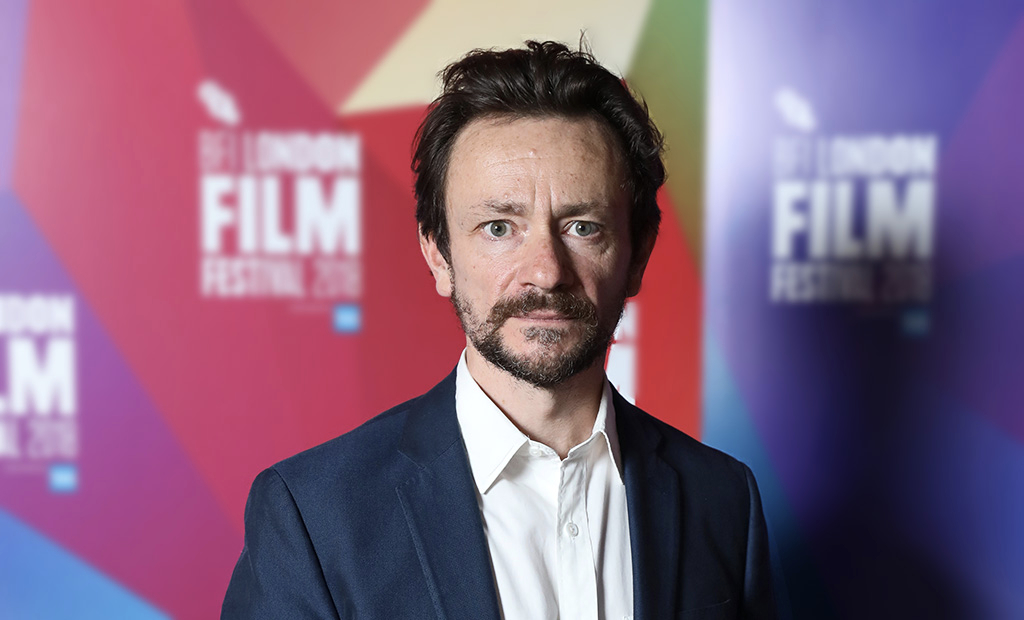
Richard Billinghurst’s directorial debut Ray & Liz tells the story of a working-class family on a Black Country council estate during Thatcher-era Britain, finding love and humour amidst the alcoholism and violence which stem like untamable weeds from their social situation. A deeply personal biographical work centring on the filmmaker’s parent’s, the feature couldn’t get much closer to home.
Tasked with portraying Billinghurst’s father was Justin Salinger. We spoke to the actor about the repsonsibility of playing a person so close to the director, what it was like to work alongside Ella Smith and why the film is is relevant.
Congratulations on a brilliant performance.
Thank you very much.
Let’s start at the end of the process. What did you think of Ray & Liz when you watched it for the first time?
The first time I saw the film was at Locarno, Switzerland and I was terribly apprehensive because Ray was a big jump from me – very bold, very brave. I never like watching myself so that was the first issue I had with watching the film. I always have to get over the idea of watching myself and my face and what I was doing and being terribly harsh and judgemental about my performance. When I got over that, I found the film absolutely devastating. I wasn’t ready for how shocking and heartbreaking it would be, especially Jason’s story where I feel the film really comes alive, when he’s trying to get home and night and walking in the dark and he had to sleep in the shed, it was very disturbing and of course, I wasn’t around for those days I had missed that aspect of the film a bit and I was amazed and very moved by this section. And I also found it very funny, I thought it was a wonderful balance of the two things.
There was a great tonal contrast. The film also looks great visually – you obviously can’t see the cinematography form the set so what did you expect when watching it?
It’s hard to tell from filming. I felt like while I was on set, everything was immaculately conceived, beautifully executed, the attention to detail was wonderful and I knew Daniel Landin’s work from Under the Skin – he’s a brilliant cinematographer – and with Richard being a photographer, I suspected it would be very beautiful. When I got a glimpse through the monitor (which I don’t like doing in case I see myself) I thought it looked beautiful. I love the aesthetics and quality of the film. I think he’s made it very beautiful as only a photographer and artist could.
When did you first read the script?
I first read the script maybe only three weeks before. I read it one afternoon and had to record it on tape so I skim-read it, chose a little section and held up a mobile phone. I was cast maybe a week later and then started filming, so it was a very frustrating period over the next few weeks of not having the time you want to prepare to play a part like that, a real character, and I felt a responsibility in portraying that part.
The way you prepared for the role, was it exclusively based on Richard’s memories?
I had a look at the documentary which is like gold dust because we can see the characters that we’re trying to play. So I watched that over and over again, tried to get a sense of the character, listened to the voice. I feel a responsibility to portray these characters as accurately as I can but also bring something of my own experience to them to bring them alive. I leant heavily on the script; Richard took scenes directly from his memory. Instinct as an actor can never be underestimated; when you see first read what’s going on between the two people, and see photographs. We only had three hours of rehearsal with Richard before we started filming. so there were a lot of hands-on notes from Richard on the day, during the work. It was very… not rushed, but it would have been lovely to have more preparation time. But he was obviosuly the man to help us out – he knew exactly what he wanted and he couldn’t have know these characters better.
I thought Ella Smith’s performance was fantastic. How was working with her?
It was fantastic working with Ella, she was wonderful and I was relieved when I met her because I realised she wasn’t an actress from that part of the country, which to me was very important because we were starting on a level playing field, and I think she was relieved that I wasn’t from Birmingham and we both had to make a similar jump towards the film in terms of accent, class, that leap that we had to make. And we got on very well, and sort of be in character a lot of the time on set as Ray and Liz and we had a green room where we would practice lines. And I think she’s absolutely incredible in that part; she made an incredible transformation.
How do you personally relate to this story?
Personally, it’s quite a struggle, a departure, a leap between who I am and who Ray is; I’ve never experienced those kind of things. I’m a working class actor who grew up in the East End of London but certaintly never experienced that level of difficulty and poverty that both characters have faced, I’ve just sort of been on the edges of it, so I suppose you just turn up the volume on those life experiences, but it’s quite a huge departure for most actors I imagine, and I can only draw minimally from my own experience. I leant on my imagination quite heavily.
How relevant is the story considering today’s sociopolitical state?
Socially and politically I think it’s very relevant: the poverty divide, the percentages of poor compared to the very rich. It’s not something I spent a lot of time thinking on when we made the film because I don’t think Richard was setting out to make a political or social statement. I think he was very interested in recreating his memories, his life, and so he looks at it almost in a detached unemotional way. He wanted to bring memories back to life without any judgement on the social period or the way his parents brough him up under the social conditions that they lived in.
What do you think people are going to take away from the film?
I hope people see through the poverty and the struggle a little bit and see some of the joy and the love that’s in there. It can sometimes be hard to find but I know it’s there and that Richard had a lot of pleasure recreating these scenes, and that there was lots of laughter and happiness in these moments. He found it very funny remembering some of the things his parents had said, it would really make him laugh and I think he tried to capture that in what he made. I think he’d say there’s a lot of joy and love in there, and I hope people can see that as well as the darker side.
There’s another film of yours coming out soon, Once Upon a Time in London; what can you tell us about it?
I’ve worked with the director a couple of times; I played the part of John Crowhurst in a film called Crowhurst for Simon, round about the same time as Ray and Liz, it was a wonderful project to be on. He’s now doing this film based on the gangsters that existed and ruled London just before the Cray twins, and I play a small part in that, one of the Gangsters, in a very different kind of film indeed. That’s coming out in April.
What else have you got coming up?
There’s a series coming out called Hannah for Amazon TV that comes out in March. That’s really exciting, based on the film Hannah written by David Farr. I recently did a fantastic drama documentary for the History Channel about Ulysses Grant and the American Civil War, playing Grant. That’s very exciting and I’m hoping this comes out in the summer, it was shot in South Africa just before Christmas. And I’ve hopefully got a spell in the theatre coming up over the summer.
Filippo L’Astorina and Rosamund Kelby
Ray & Liz is released in select cinemas on 8th March 2019. Read our review here.
Watch the trailer for Ray & Liz here:

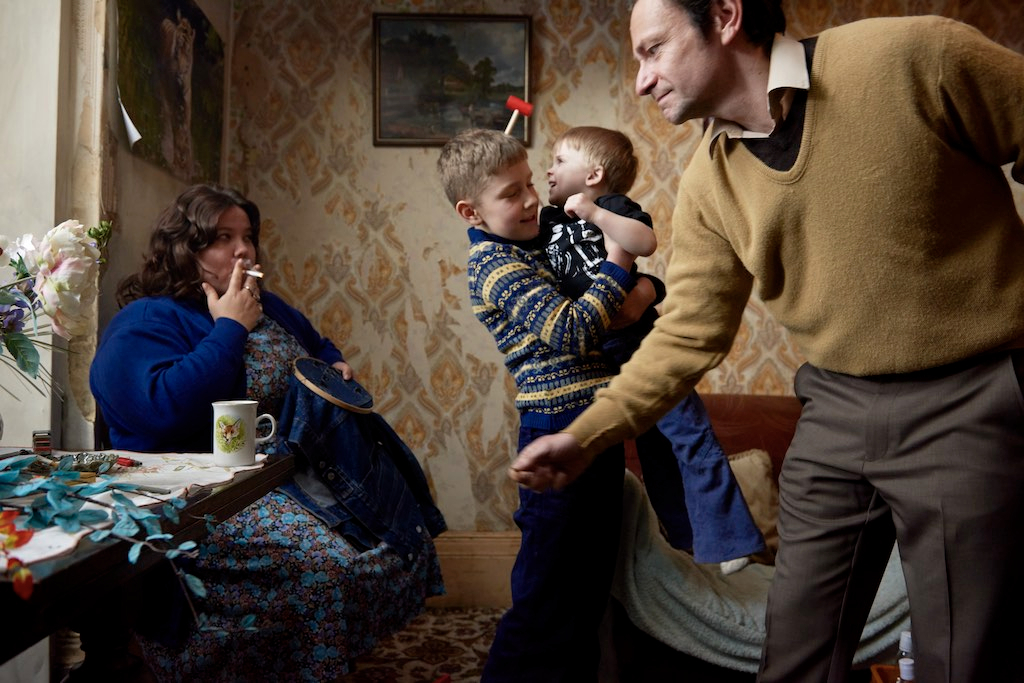
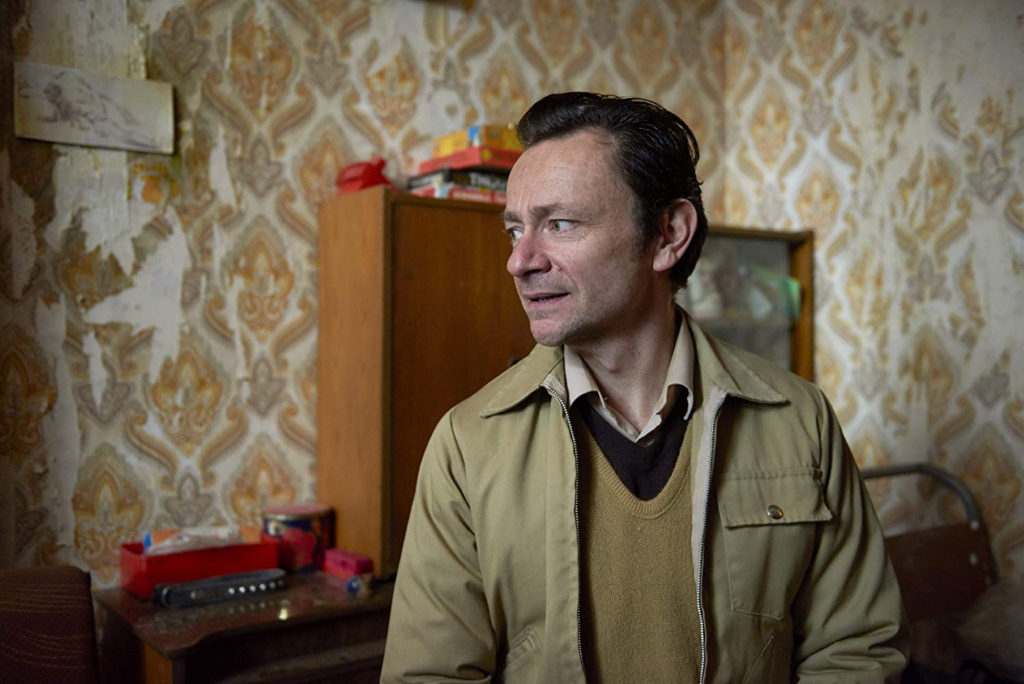
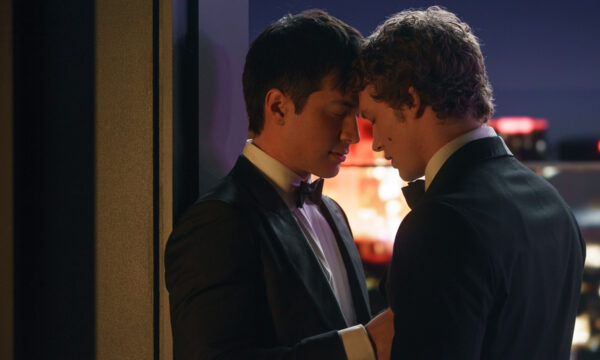
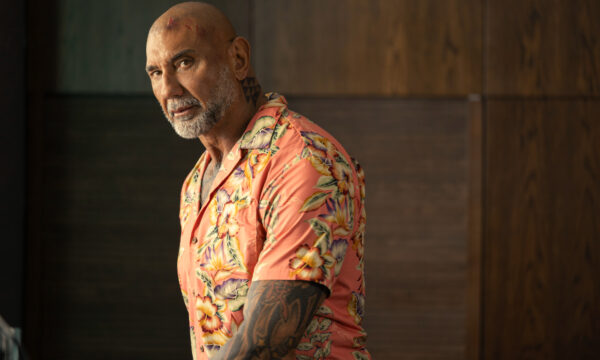
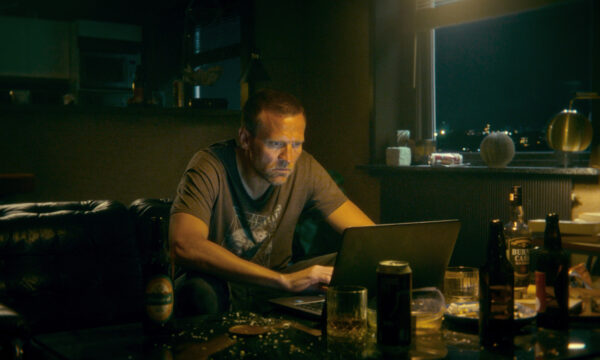
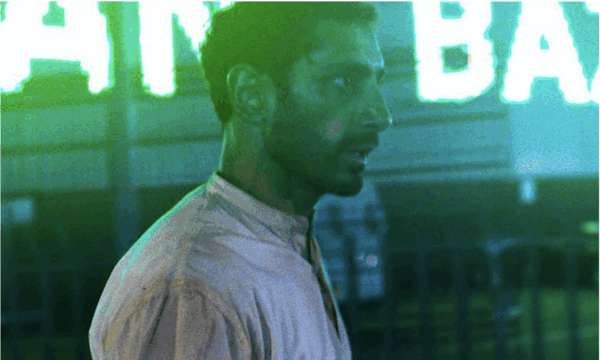
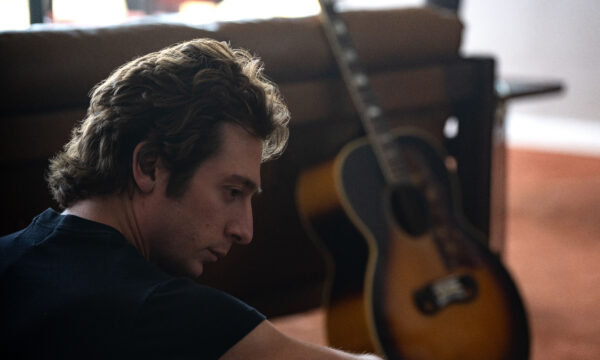
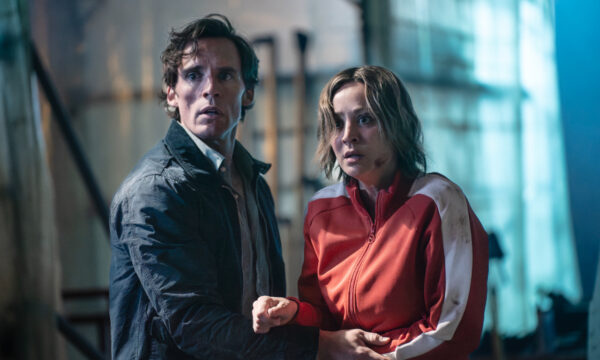
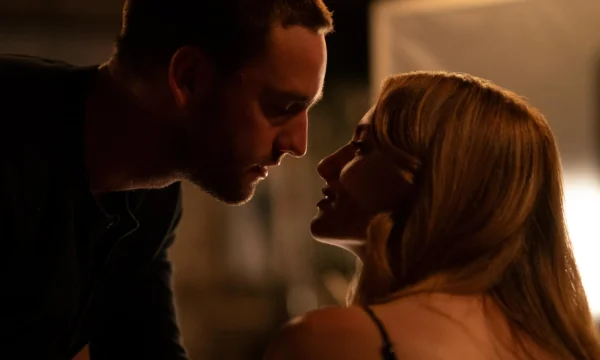

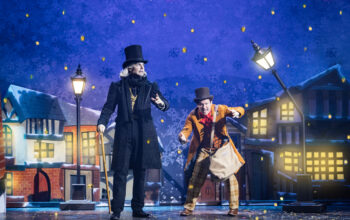
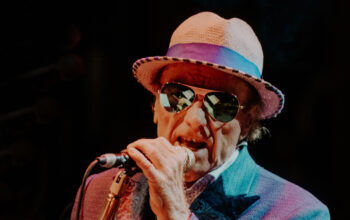
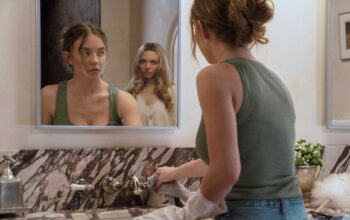



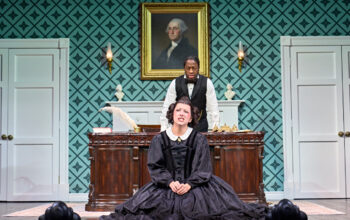

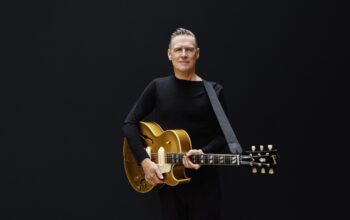



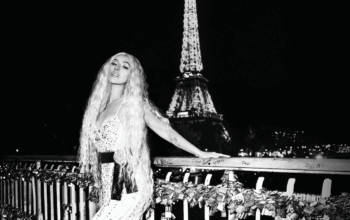
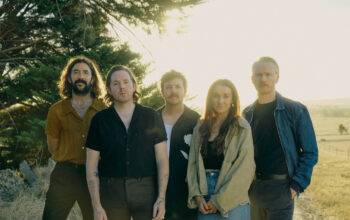
Facebook
Twitter
Instagram
YouTube
RSS